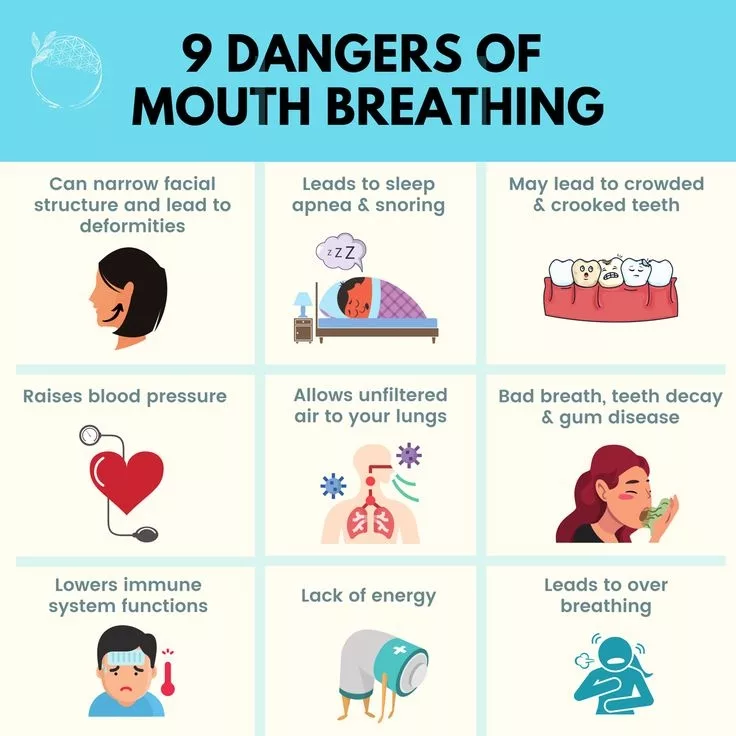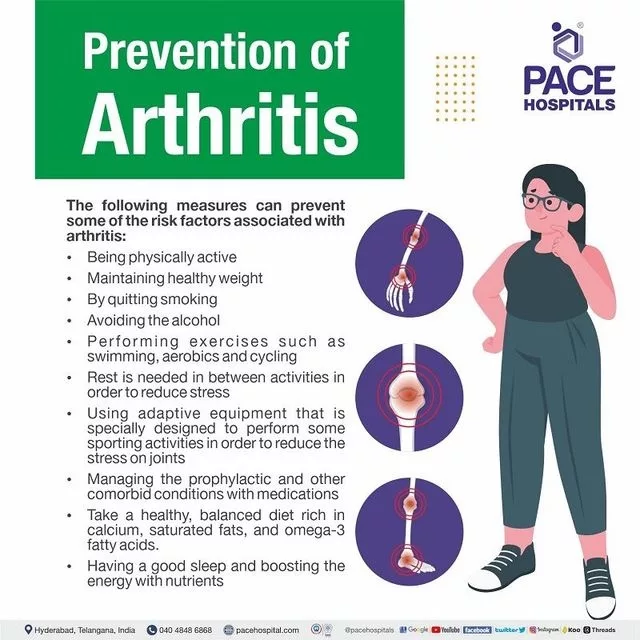“Antibiotics: A Panacea?” Revisiting the Risks of Overuse
Hello! This time, let’s talk about antibiotics. Antibiotics are drugs used to treat conditions like colds or infected wounds. However, the overuse of antibiotics has recently become a problem. Excessive and indiscriminate use of antibiotics can lead to the emergence of antibiotic-resistant bacteria, making treatment difficult. Today, let’s learn about the dangers of antibiotics and the correct way to use them.

The Misconception and Truth About Antibiotics as a Panacea
Antibiotics are considered one of the most important treatment methods in modern medicine. Many people mistakenly believe antibiotics to be a ‘cure-all’ and use them too easily. However, the use of antibiotics should be careful, as overuse can lead to serious side effects and risks. In this article, we’ll dispel the misconception of antibiotics as a panacea, explore the truth about antibiotics, and delve into the dangers of their overuse.
The History of Antibiotic Discovery and Revolutionary Change
The history of antibiotics dates back to the early 20th century. In 1928, British biologist Alexander Fleming accidentally discovered penicillin, which has antibacterial properties. This led to the development of various types of antibiotics, revolutionizing the treatment of infectious diseases.
How Antibiotics Work and Usage Guidelines
Antibiotics mainly affect bacteria. Bacteria perform tasks such as producing enzymes necessary for biochemical processes or synthesizing substances that make up cell walls. Antibiotics interfere with these tasks, suppressing the survival and reproduction of bacteria or leading to their death. When using antibiotics, it’s important to follow the usage guidelines and use them according to the characteristics and purposes of the medication.
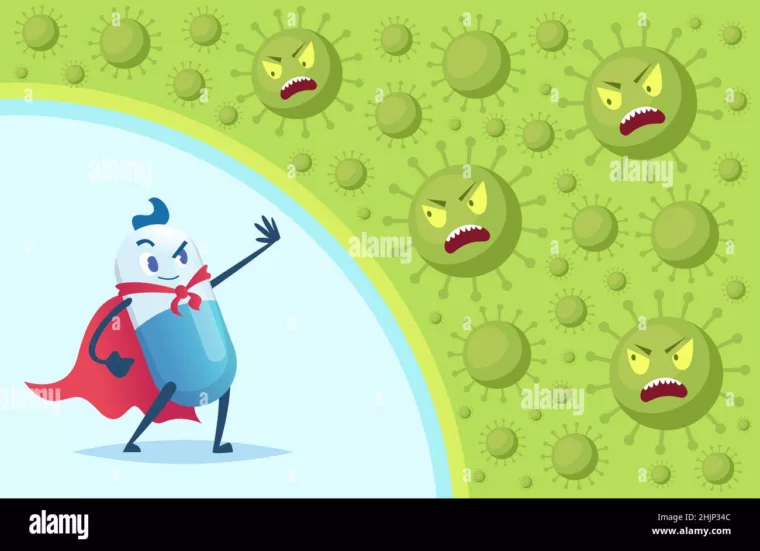
The Side Effects and Risks Caused by Overuse
However, many people overuse antibiotics. For example, antibiotics are often taken too easily for simple colds or nasal congestion due to sinusitis. Such overuse can induce bacterial resistance and lead to side effects and risks. Some antibiotics can cause allergic reactions, gastrointestinal disorders, kidney damage, and in severe cases, can be life-threatening.
The Severity and Mechanism of Antibiotic Resistance
Antibiotic resistance means bacteria no longer respond to antibiotics. This occurs through mutation or genetic transfer in bacteria due to the misuse or overuse of antibiotics. Antibiotic resistance not only complicates the treatment of infectious diseases but can also lead to large-scale infection outbreaks due to bacterial transmission.
The Impact of Antibiotic Resistance on Individuals and Communities
Antibiotic resistance affects not only individuals but also society as a whole. For example, if antibiotic resistance increases, the effectiveness of treatments requiring antibiotics, such as dental surgery, may decrease. Serious problems can also arise if antibiotic-resistant bacteria from livestock are transmitted to humans.
The Role of Doctors in Preventing Antibiotic Overuse
Doctors play a crucial role in preventing the overuse of antibiotics. They must make accurate and careful judgments when diagnosing and treating infectious diseases and provide patients with appropriate guidelines for using antibiotics. Additionally, doctors themselves need to stay informed about the latest information and research trends to continuously enhance their expertise.

The Need for Public Awareness Change for Proper Use of Antibiotics
The public needs to have the correct understanding and awareness of antibiotic use. Simple colds or viral diseases do not benefit from antibiotics, and inappropriate use can actually lead to increased bacterial resistance. The role of media and educational institutions is also important in providing accurate information and leading to a change in public perception.
Exploring Alternatives to Antibiotics and Future-Oriented Research Trends
Efforts are needed to explore alternatives to antibiotics and conduct research in response to the problem of antibiotic resistance. Various methods, such as bacteriophage therapy, strain replacement therapy, and immune therapy, are being researched. Additionally, ongoing research into new antibiotic development and prevention of bacterial resistance is essential.
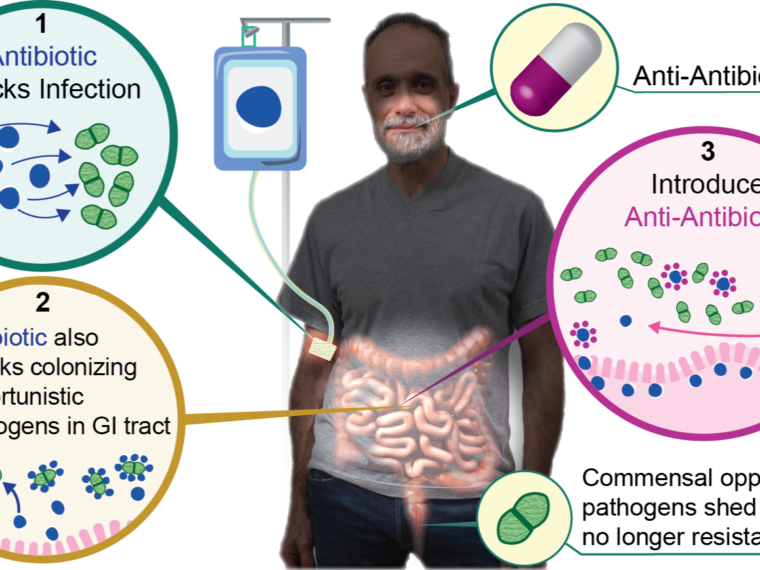
Legal and Policy Responses to Antibiotic Use
Finally, legal regulations and policy responses to antibiotic use are necessary. Measures such as restricting the sale and use of antibiotics can help prevent overuse and address the issue of antibiotic resistance. Cooperation between medical professionals and the government, as well as international collaboration, is also needed.
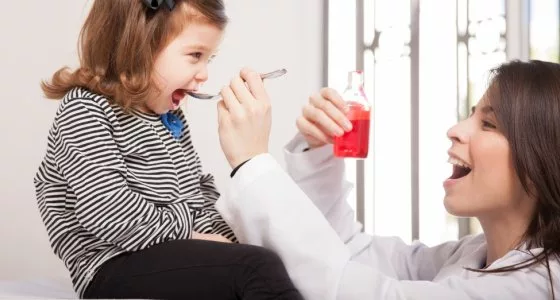
In conclusion, we’ve dispelled the misconception of antibiotics as a panacea and explored the truth about antibiotics and the dangers of their overuse. Antibiotics should be used carefully, and awareness and response to the issue of antibiotic resistance are needed. Continuous research and education on antibiotics, as well as efforts to use and manage them properly, are hoped for in the future.



